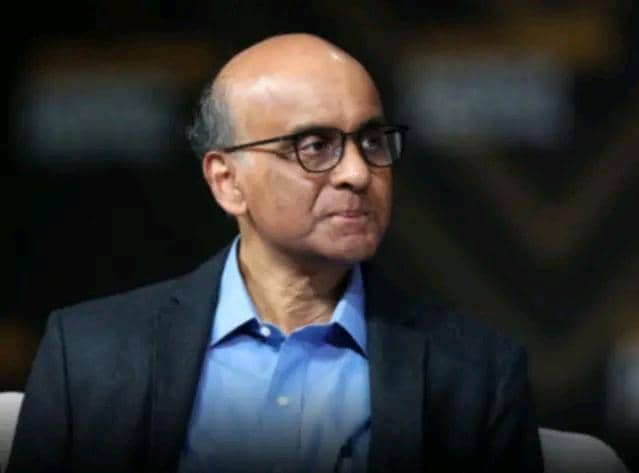National
Singapore to Impose Mandatory Caning for Online Scammers

By Micheal Chukwuebuka
Singapore is set to introduce mandatory caning for convicted online scammers under sweeping new measures aimed at curbing the city-state’s escalating fraud epidemic.
Senior Minister of State for Home Affairs, Sim Ann, announced the proposal on Tuesday during a parliamentary session, where she tabled an amendment to the country’s Penal Code for a second reading.
Under the proposed legislation, individuals convicted of scams committed primarily through remote communication would face a minimum of six strokes of the cane, alongside other criminal penalties.
“Offenders who commit scams… will be punished with at least six strokes of the cane,” Sim told lawmakers, adding that members of criminal syndicates and recruiters would face similar penalties.
The bill also targets those who assist scammers — including so-called “money mules” who supply bank accounts or SIM cards — with punishments of up to 12 strokes of the cane.
Between 2020 and the first half of 2025, Singapore recorded scam-related losses exceeding S$2.8 billion (£1.6 billion), with more than 190,000 reported cases, Sim revealed.
“These syndicates mobilise significant resources to conduct and profit from scams, and have the highest level of culpability,” she said.
In recent years, Singapore has intensified its anti-scam initiatives, launching a national hotline and the Scam shield app to help citizens verify suspicious calls, messages, and websites.
The rise of transnational scam operations has drawn international attention. Just last week, Singaporean police seized more than S$115 million (£67 million) in assets linked to British-Cambodian tycoon Chen Zhi, who has been accused by U.S. authorities of operating forced-labour scam centres in Cambodia under the guise of a multinational business empire.
Even top officials have fallen victim to scams: former Prime Minister Lee Hsien Loong once admitted he had been scammed after an online purchase failed to arrive — a reminder, authorities say, that “no one is immune.”













